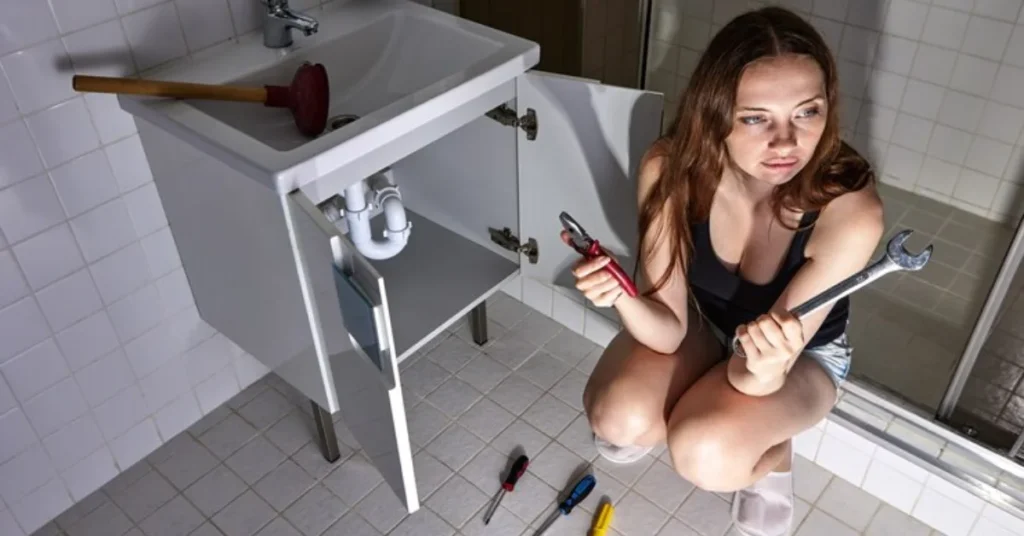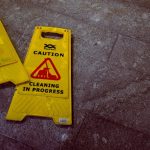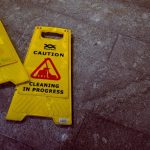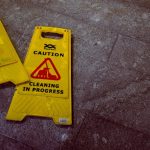Plumbing emergencies can disrupt your day and lead to costly damage if not addressed promptly. Whether it’s a burst pipe or a malfunctioning water heater, understanding common plumbing emergencies and how to prevent them is crucial for every homeowner. Let’s explore the most frequent issues and practical steps to minimize their impact.
Burst Pipes
A burst pipe is one of the most destructive plumbing emergencies, often caused by freezing temperatures or excessive water pressure. When a pipe bursts, it can lead to flooding, property damage, and water wastage.
Prevention Tips:
- Insulate Pipes: Use pipe insulation to protect against freezing in cold climates.
- Monitor Water Pressure: Ensure the pressure in your system doesn’t exceed 60 PSI.
- Drain Outdoor Lines: Disconnect garden hoses and drain outdoor faucets before winter.
In the event of a burst pipe, immediately shut off the main water supply and call a professional plumber, such as Benjamin Franklin Plumbing, to handle the repairs efficiently.
Clogged Drains
Clogged drains are a common nuisance that can escalate into a serious issue if not addressed promptly. From kitchen sinks to bathroom showers, clogs often result from grease, hair, soap scum, or foreign objects obstructing the flow of water.
Prevention Tips:
- Use Drain Covers: Install covers to catch debris before it enters the pipes.
- Avoid Pouring Grease: Dispose of cooking grease in the trash, not down the sink.
- Schedule Regular Cleaning: Routine maintenance by a professional can keep your drains flowing smoothly.
Ignoring clogs can lead to complete blockages or even pipe damage, requiring extensive repairs.
Water Heater Malfunctions
A malfunctioning water heater can leave you without hot water, disrupt your daily routine, and potentially cause water damage if leaks occur. Common issues include sediment buildup, faulty thermostats, and corrosion.
Prevention Tips:
- Flush the Tank Annually: Removing sediment improves efficiency and extends the unit’s lifespan.
- Inspect Regularly: Check for leaks, rust, or unusual noises from the tank.
- Monitor Temperature Settings: Keep the thermostat set to 120°F to prevent overheating.
When repairs or replacements are needed, consult an experienced professional to avoid further complications.
Overflowing Toilets
An overflowing toilet can create an unsanitary mess and damage your floors. This emergency often stems from clogs or malfunctioning components in the tank.
Prevention Tips:
- Flush Responsibly: Avoid flushing non-flushable items, such as wipes, diapers, and feminine hygiene products.
- Check the Flapper: Ensure the flapper valve in the tank seals properly to prevent constant running water.
- Keep a Plunger Handy: A plunger can often resolve minor blockages quickly.
If a simple fix doesn’t work, it’s time to call in a plumber to diagnose and resolve the problem.
Sewer Backups
A sewer backup is not only unpleasant but also a health hazard. It occurs when waste from your home’s plumbing system can’t flow into the municipal sewer, often due to blockages or tree root intrusion.
Prevention Tips:
- Avoid Pouring Grease and Oil: These substances can harden and block your sewer line.
- Trim Tree Roots: Keep trees near your sewer line well-maintained to prevent roots from invading the pipes.
- Install a Backflow Valve: This device prevents sewage from re-entering your home during heavy rains or clogs.
A professional plumber equipped with specialized tools, such as cameras for sewer inspections, is essential for resolving these complex issues.
Leaky Faucets
Leaky faucets are more than just an annoyance; they waste water and increase utility bills. Over time, a small drip can amount to gallons of wasted water each day.
Prevention Tips:
- Replace Worn Components: Periodically replace washers, O-rings, and seals to keep faucets in good condition.
- Install Quality Fixtures: Investing in durable, high-quality faucets reduces the risk of leaks.
- Turn Faucets Off Gently: Avoid over-tightening handles, which can damage the internal components.
For persistent leaks, it’s best to call a professional plumber to inspect and repair the fixture.
Frozen Pipes
Frozen pipes are a wintertime hazard that can lead to bursts if not addressed quickly. When water freezes inside a pipe, it expands, creating pressure that can crack or break the pipe.
Prevention Tips:
- Insulate Pipes: Wrap pipes in unheated areas, such as basements and attics, with insulation.
- Keep Water Flowing: Allow a slow trickle of water from faucets during extreme cold to prevent freezing.
- Seal Drafts: Close gaps around doors and windows to keep cold air away from pipes.
If you suspect a frozen pipe, thaw it carefully with a hairdryer or heat tape, and contact a plumber for assistance if needed.
Gas Leaks in Plumbing Systems
Some plumbing systems, such as water heaters, rely on gas connections. A gas leak is a serious emergency that requires immediate attention to avoid health and safety hazards.
Prevention Tips:
- Install Gas Detectors: Place detectors near gas appliances to alert you to leaks.
- Schedule Regular Inspections: Professional plumbers can check connections and fittings for signs of wear or leaks.
- Know the Signs: Familiarize yourself with the smell of gas and watch for symptoms like dizziness or nausea when near gas appliances.
If you suspect a gas leak, evacuate your home immediately and call emergency services or a licensed plumber.
The Role of Professional Plumbers
While some preventative measures can be handled by homeowners, many plumbing emergencies require the expertise of a professional. Trained plumbers bring specialized tools, knowledge, and experience to address issues safely and effectively.
For example, Benjamin Franklin Plumbing provides prompt and reliable services, ensuring that emergencies are resolved efficiently to minimize damage and inconvenience.
Tips for Homeowners
To further reduce the likelihood of plumbing emergencies:
- Educate Your Household: Teach family members what can and cannot be flushed or poured down drains.
- Know Your Main Shut-Off Valve: Familiarize yourself with its location to quickly stop the water flow in an emergency.
- Schedule Regular Maintenance: Routine check-ups by a professional can identify potential problems before they escalate.
Being proactive and informed goes a long way in maintaining a safe and efficient plumbing system.
Conclusion
Plumbing emergencies can happen to anyone, but understanding the common issues and their prevention can save you time, money, and stress. By taking proactive steps and partnering with reliable professionals like Benjamin Franklin Plumbing, you can protect your home and enjoy peace of mind knowing that help is always available. Stay prepared, and your plumbing system will reward you with years of efficient and trouble-free service.







